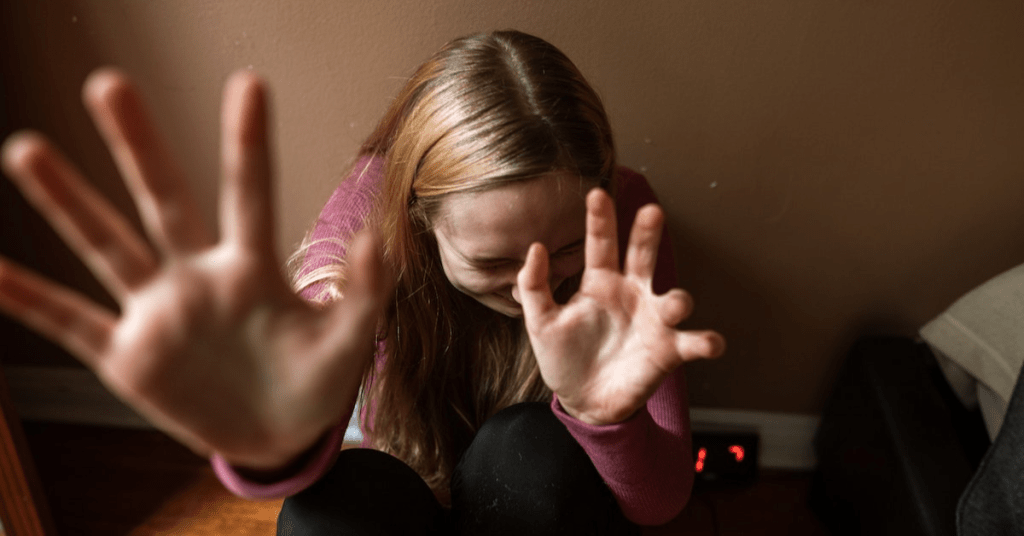You might be asking yourself on how to deal with someone with a victim complex. To answer this, we need to understand how a person develops this complex, and the long-term effect it can have on them.
Table of Contents
ToggleWhat is a Victim Complex?
A victim complex, also called a victim mentality, is a psychological condition in which individuals perceive themselves as victims regardless of their circumstances.
This complex can only be overcome with self-awareness, self-compassion, and a willingness to accept responsibility for one’s actions and choices.
A victim complex stems from the belief that an individuals life and what happens to them is the result of outside forces. For example, a parent gives a child $30,000 once they turn 21 years of age. The child puts the money on “get-rich-quick” schemes and ends up losing everything. Instead of taking accountability for their poor financial decisions, the child blames the parent for not advising them on how best to invest the money.
People who think this way often feel helpless and like they can’t change what happens in their lives.
They tend to blame other people or situations for their mistakes, disappointments, or bad luck, often letting themselves off the hook.
Read more: Victim Mentality Signs and its Link to Domestic Violence
What is a Victim Abuser?
Typically, the term ‘victim abuser’ refers to someone who has previously been abused and then moves on to abuse others. This term explains the unfortunate cycle that can occur when once-victimised individuals adopt abusive behaviours as a coping mechanism or as a result of unresolved trauma, which is often a cause of victim complex.
Their abusive behaviour may be an expression of their unresolved pain and anguish.
How to Deal with Someone with a Victim Complex?
Dealing with someone who plays the victim can be challenging because you must help them change deeply rooted ways of thinking and acting. Even though you can’t make someone change, you can support and encourage them as they try to address their thinking.
Here are some ways to help someone get over a sense of being a victim:
- Encourage self-awareness: Help the person see how their thinking and acting contributes to their victim complex. When you see them doing these things, gently point them out and discuss how they hurt their health and relationships.
- Validate their feelings: Recognise the person’s feelings and experiences without making them feel like more of a victim. Show sympathy and understanding, but don’t make them feel bad or blame themselves.
- Promote personal responsibility: Encourage people to own up to their deeds and decisions. Help them realise they can change their situation and improve their lives.
- Challenge negative beliefs: Gently question the person’s idea that they are a victim. Encourage them to change their thoughts and look at things from different angles to help them feel more in control and stronger.
- Encourage professional help: Suggest that the person talk to a mental health professional, such as a therapist or counsellor, who can help them deal with their victim complex by giving them advice and support.
- Set boundaries: Set boundaries so that you can look out for your own well-being. Support them without giving into their victim mindset, and be clear and consistent about your limits.
- Model healthy behaviour: Demonstrate healthy coping mechanisms and ways of dealing with challenges, setbacks, and conflicts. Your example can serve as a positive influence on the person struggling with a victim complex.
Learn more: What Happens When A Victim Changes Their Story
Summary
- A victim complex, or victim mentality, involves individuals perceiving themselves as victims regardless of their circumstances.
- A victim abuser is someone who has experienced abuse and later goes on to perpetrate abuse against others.
- How do you break a victim complex to avoid abuse? Encourage self-awareness, validate their feelings, promote personal responsibility, challenge negative beliefs, encourage professional help, set boundaries, and model healthy behaviour.
Need an Advice to Stop Abuse?
At Justice Family Lawyers, we understand the complexity of domestic and personal abuse. We are committed to providing our clients with the highest quality legal advice and representation.
Our AVO lawyers and practitioners are highly experienced and knowledgeable, and we are committed to helping our clients receive the best possible outcome.





